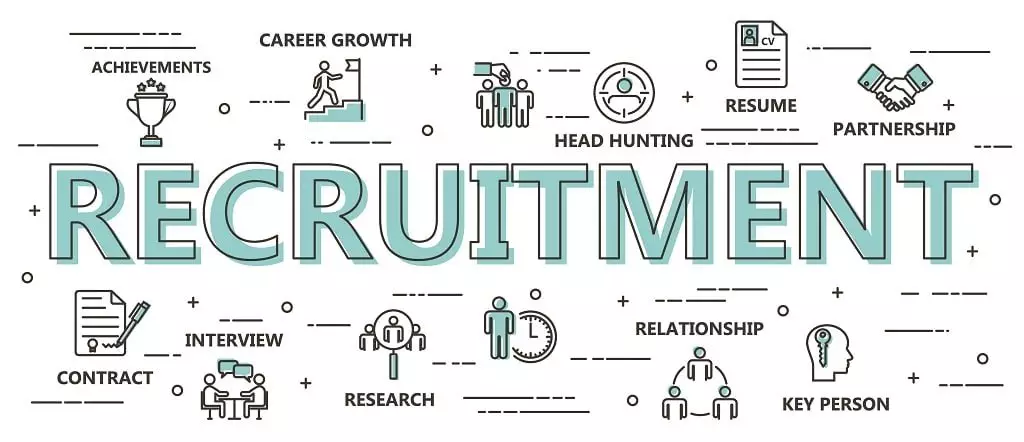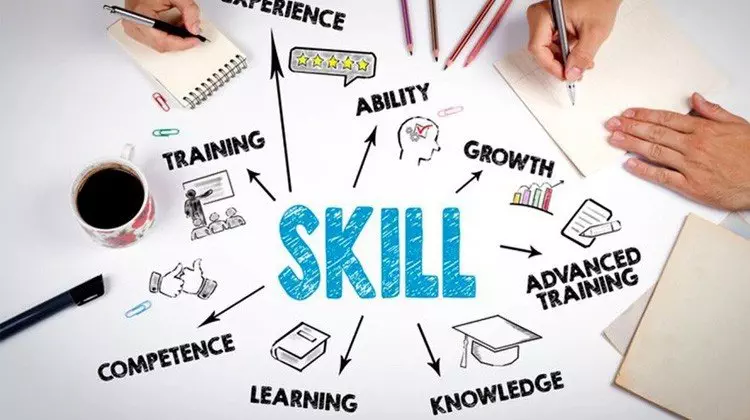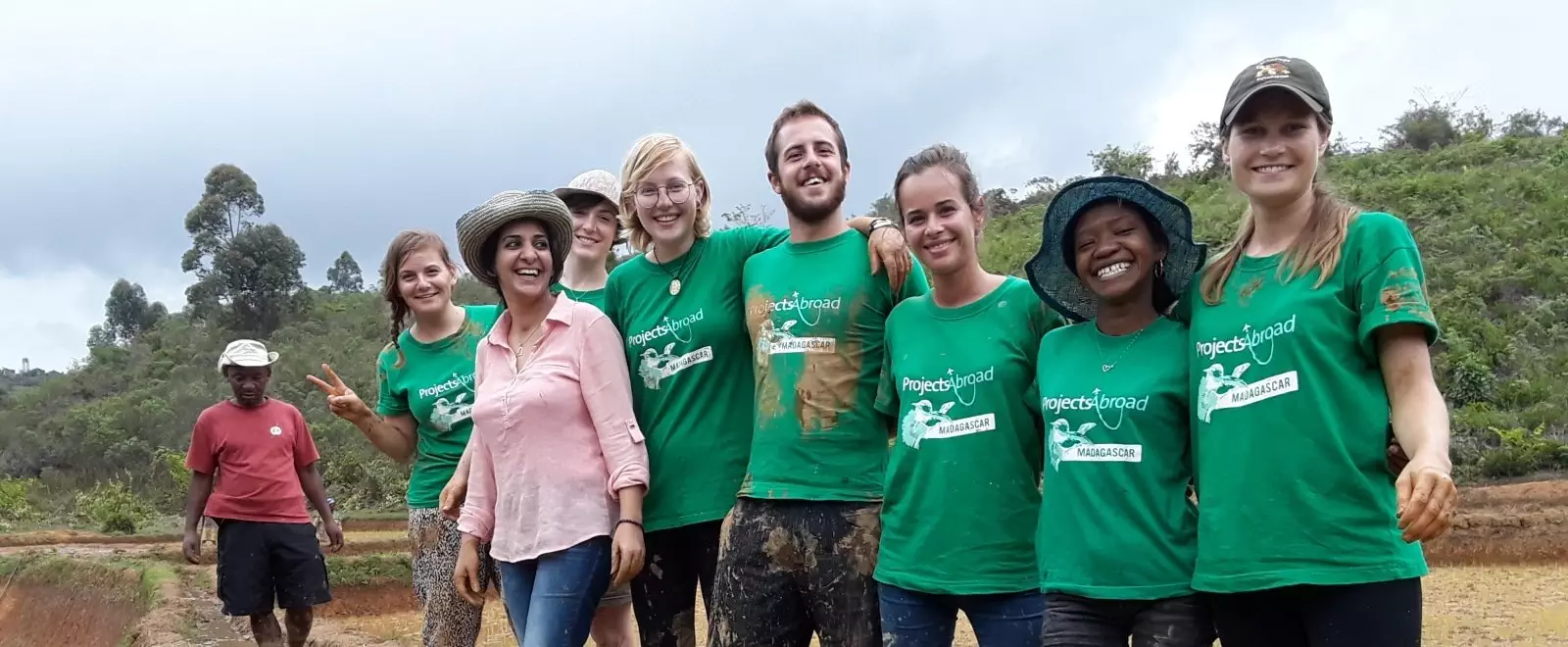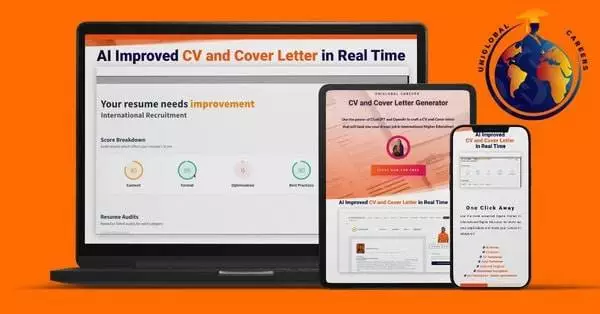International volunteering programs have long been a popular way for people to give back to their communities and help those in need in other parts of the world. As technology continues to evolve, artificial intelligence (AI) has emerged as a potential tool for enhancing and improving these programs. In this article, we’ll take a closer look at the benefits of using AI in international volunteering programs.
Understanding AI in International Volunteering Programs
Before exploring the benefits of AI in volunteering programs, it’s important to define what we mean by AI. AI refers to computer systems that can perform tasks that typically require human intelligence, such as learning, problem-solving, and decision-making. AI is a rapidly growing field and has the potential to revolutionize the way we approach volunteering programs.
Defining Artificial Intelligence
In the context of volunteering programs, AI can be used to automate or enhance processes like recruiting, matching volunteers with projects, project management and coordination, and training and skill development. This can lead to a more efficient and effective volunteer program.
For example, AI can analyze volunteer applications and resumes to identify the most qualified candidates for a particular project. This can save time for program coordinators and ensure that the right volunteers are selected for each project.
The Role of AI in Volunteering Programs
Using AI in volunteering programs can provide several benefits, including improving the selection of volunteers, streamlining project management, and enhancing training and skill development. Let’s take a closer look at each of these areas.
Improving the Selection of Volunteers
AI can analyze volunteer applications and resumes to identify the most qualified candidates for a particular project. This can save time for program coordinators and ensure that the right volunteers are selected for each project. AI can also be used to match volunteers with projects based on their skills and experience, ensuring that volunteers are placed in roles where they can make the biggest impact.
Streamlining Project Management
AI can help streamline project management by automating tasks like scheduling, communication, and data analysis. This can free up program coordinators to focus on more strategic tasks, like building relationships with partner organizations and developing new volunteer projects.
Enhancing Training and Skill Development
AI can be used to provide personalized training and skill development for volunteers. For example, AI can analyze volunteer performance data to identify areas where additional training is needed. AI can then provide customized training modules to help volunteers improve their skills and become more effective in their roles.
In conclusion, AI has the potential to revolutionize the way we approach volunteering programs. By automating and enhancing processes like recruiting, matching volunteers with projects, project management and coordination, and training and skill development, AI can help create more efficient and effective volunteer programs. As the field of AI continues to evolve, it will be exciting to see how it can be applied to the world of volunteering and beyond.
Enhancing Recruitment and Selection Processes
One of the biggest challenges facing international volunteering programs is finding the right volunteers for the job. AI can help address this challenge by automating and enhancing the recruitment and selection process.

Volunteering is a noble act of giving back to society. It provides an opportunity for individuals to make a difference in the world and contribute to a cause that they are passionate about. However, finding the right volunteers for a particular project can be a daunting task. It involves a lot of time and effort in reviewing and screening applications, and selecting the most suitable candidates for the job.
With the advancement of technology, AI has become a game-changer in the field of recruitment and selection. It has the potential to streamline the process, reduce bias, and match volunteers with projects that are well-suited to their skills and experience.
Streamlining Volunteer Applications
AI can help streamline volunteer applications by automating the initial screening process. For example, an AI system could review applications and identify potential candidates based on their qualifications and experience. This would save a significant amount of time and effort for the recruitment team, as they would not have to manually review each application.
Moreover, AI can also assist in identifying any red flags in the application, such as gaps in employment or lack of relevant experience. This would enable the recruitment team to focus on candidates who are a better fit for the project.
Matching Volunteers with Suitable Projects
Matching volunteers with suitable projects is a crucial aspect of the recruitment process. It is essential to ensure that volunteers are placed in projects that align with their skills and experience. This not only benefits the volunteers but also ensures the success of the project.
AI can be used to match volunteers with projects that are well-suited to their skills and experience. By analyzing data such as volunteer history and project requirements, an AI system can identify the best match for each volunteer. This would result in a higher success rate for the project and a better experience for the volunteers.
Reducing Bias in Selection
Bias in the selection process can have a significant impact on the outcome of the project. It can result in the recruitment of candidates who are not the best fit for the job, and can also lead to a lack of diversity in the volunteer pool.
Another benefit of using AI in recruitment and selection processes is that it can help reduce bias. An AI system can review applications and make selections based solely on qualifications and experience, without being influenced by factors such as race or gender. This would result in a more diverse pool of volunteers and a fairer selection process.
In conclusion, AI has the potential to revolutionize the recruitment and selection process for international volunteering programs. It can streamline the process, match volunteers with suitable projects, and reduce bias in selection. As the world becomes more technologically advanced, it is essential to embrace these changes and use them to our advantage in creating a better world.
Optimizing Project Management and Coordination
Once volunteers have been selected and assigned to projects, AI can help optimize project management and coordination. This can be particularly important in large, complex programs.
AI-Powered Communication Tools
AI can be used to develop communication tools that are tailored to the needs of each project. For example, an AI-powered chatbot could be used to communicate with volunteers and provide them with information and support throughout the program.
Furthermore, AI-powered communication tools can also be used to streamline communication between project managers and team members. This can eliminate the need for time-consuming meetings and allow team members to focus on completing tasks and achieving project goals.
Efficient Resource Allocation
AI systems can analyze data such as volunteer availability and project requirements to optimize resource allocation. For example, an AI system could identify when additional volunteers are needed for a project and automatically send out a notification to volunteers who are available and qualified to help.
In addition, AI can also be used to optimize the allocation of physical resources such as equipment and materials. By analyzing data such as project timelines and budget constraints, AI systems can help project managers make informed decisions about when and how to allocate resources.
Monitoring and Evaluating Project Progress
AI can also be used to monitor and evaluate project progress. By analyzing data such as volunteer feedback, project milestones, and budget data, an AI system can identify areas where adjustments need to be made to ensure the program is successful.
Moreover, AI systems can also be used to predict potential roadblocks or challenges that may arise during the project. This can help project managers be proactive in addressing these issues and ensure that the project stays on track.
In conclusion, the use of AI in project management and coordination can greatly improve the efficiency and effectiveness of programs. From communication tools to resource allocation and progress monitoring, AI has the potential to revolutionize the way we approach project management.
Improving Training and Skill Development
Volunteers are the backbone of many organizations and their success depends on the skills and knowledge of their volunteers. Artificial intelligence (AI) can play a crucial role in improving the training and skill development of volunteers.

Personalized Learning Experiences
One of the biggest challenges in training volunteers is ensuring that they receive the training they need to be successful in their projects. AI can help address this challenge by analyzing volunteer data such as skills and interests to develop personalized learning plans that are tailored to each volunteer’s needs. This can help ensure that volunteers are acquiring the skills and knowledge they need to be successful in their projects.
For example, if a volunteer is interested in project management, an AI system could recommend courses and resources related to project management. Similarly, if a volunteer is interested in fundraising, an AI system could recommend courses and resources related to fundraising.
AI-Driven Skill Assessments
Another way AI can be used to improve training and skill development is by assessing volunteer skills and identifying areas where additional training may be needed. This can help organizations identify gaps in their volunteers’ skills and provide targeted training to address those gaps.
For example, an AI system could analyze volunteer performance on training exercises and provide feedback on areas where improvement is needed. This feedback can help volunteers understand their strengths and weaknesses and focus their training efforts accordingly.
Virtual Reality Training Simulations
Finally, AI can be used to develop virtual reality training simulations that provide volunteers with hands-on experience in real-world scenarios. By providing a realistic and immersive training experience, volunteers can be better prepared for the challenges they may face in the field.
For example, a virtual reality simulation could simulate a disaster response scenario, allowing volunteers to practice their response skills in a safe and controlled environment. This type of training can help volunteers build confidence and develop skills that are essential for success in the field.
In conclusion, AI has the potential to revolutionize the way organizations train and develop their volunteers. By providing personalized learning experiences, AI-driven skill assessments, and virtual reality training simulations, organizations can ensure that their volunteers have the skills and knowledge they need to be successful in their projects.
Conclusion
As we’ve seen, there are several benefits to using AI in international volunteering programs. AI can be used to enhance and automate selection processes, streamline project management and coordination, and improve training and skill development. While AI is not a complete solution to the challenges facing volunteering programs, it can be a valuable tool for improving their effectiveness and impact.


